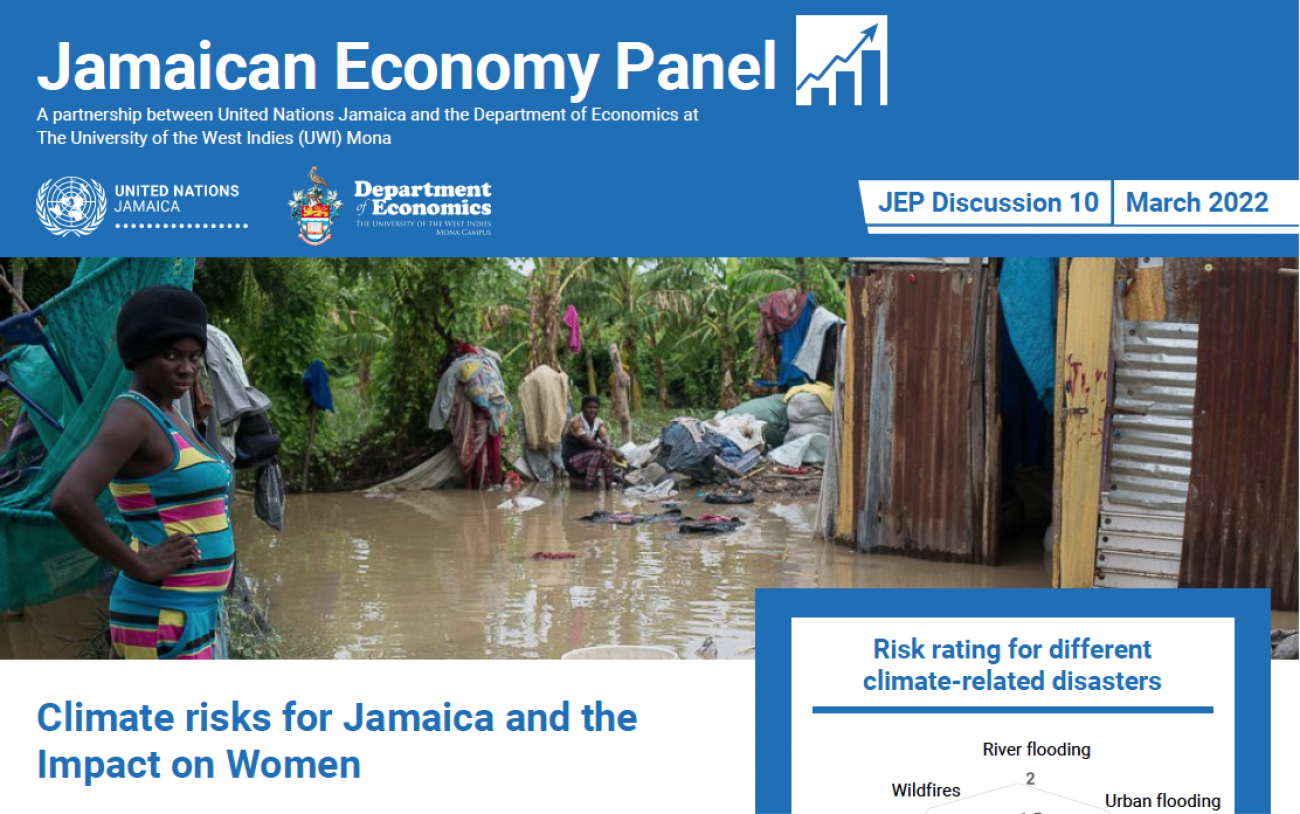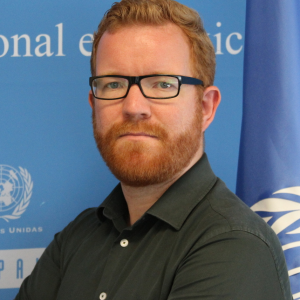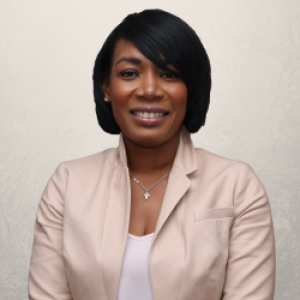This JEP is the second of a three-month series taking an in-depth look at the effects of climate change in Jamaica.
This month, the panellists are looking at climate change and disaster preparation through a gender lens, recognizing International Women's Day celebration on 8 March. After all, the UN Women theme for this year's celebration was "Gender equality for a sustainable tomorrow."
According to the panellists, the most likely disasters affecting Jamaica are drought, coastal flooding, and extreme heat. Those least likely to happen are tsunamis and wildfires. Apart from these last two, most hazard risks are seen as medium-to-high, though, in line with the general description of Jamaica as a relatively hazard-prone country. Climate change is expected to increase these hazards even further. JEP respondents agree with climate experts that hydrometeorological hazards are especially likely to increase. Drought, urban flooding, and cyclonic activity were the top 3 hazards likely to increase due to climate change.
The great majority of respondents agreed that the impact of disasters and climate change is different for women and girls than it is for men and boys. One critical issue that makes women more vulnerable is their increased likelihood of being single parents in female-headed households. Another key factor is the fact that many women generally earn overall lower incomes than their male counterparts. In addition to economic uncertainty, it is also theorized that women are more likely to have household duties and thus be disproportionally affected by a potential absence of potable water and sanitation.
Finally, it should not be forgotten that women and girls also face an increased risk of gender-based violence and that crises can make them more vulnerable to such violence. The issues of gender-based violence were also addressed in JEP Discussion 6.
Some of the most important approaches to reducing the vulnerabilities of women and girls in the face of climate change and associated disasters is to make sure that women have a seat at the table. The participation of women's groups in disaster preparedness and climate adaptation discussions is considered a crucial tool. Furthermore, it will be imperative that opportunities are created to further inspire women and girls who pursue Science, Technology, Engineering and Mathematics (STEM) careers. This will enable more inclusive technical and political discussions. Girls' educational outcomes in Jamaica already exceed boys', but this is not as obvious in STEM careers.
The full results of this month's discussion are available here.







